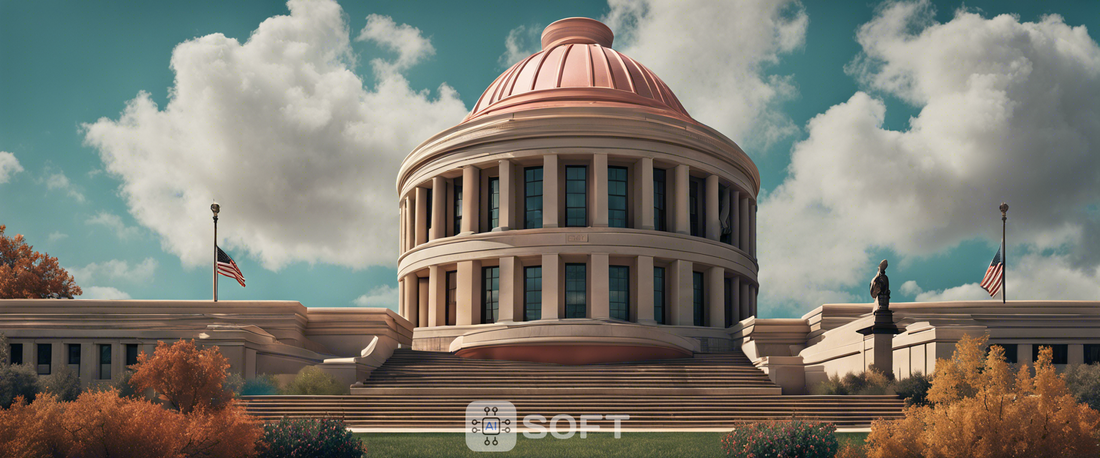
The FTC's Click-to-Cancel Rule: A Grim Legal Trivia
Share
Legal Ethics and the Conservative Movement: A Closer Examination
The recent uproar surrounding the new Federal Trade Commission (FTC) regulation has unveiled intricate ties within the legal community, shining a light on the potential ethical dilemmas that can arise in such situations. Particularly interesting is the fact that one of the lawyers involved in suing to block the regulation is married to a judge from the appeals court overseeing the case. This brings forth relevant questions about legal ethics and the implications of familial connections in the judiciary.
Federal Laws on Judicial Recusal
Under federal law, judges are required to recuse themselves from cases where their spouse represents an involved party. Consequently, while the ties to a prominent judge might raise eyebrows, any potential issues regarding impartiality would likely be mitigated by this legal mandate. This ensures that cases remain fair and unbiased, upholding the integrity of the judicial process.
The Role of Judge James Ho
Interestingly, even if Judge James Ho—a figure known for his conservative stance—were placed on the panel, the ethics laws would compel him to step aside due to his spouse's representation. Lucrative political and social connections often complicate legal proceedings, yet these regulations are designed to counterbalance those influences.
A Peek into the Conservative Legal Movement
This incident also reflects the intimate and often insular nature of the conservative legal movement. As outlined by Ian Millhiser from Vox, Judge Ho has been characterized as ‘the edgelord of the federal judiciary.’ Such descriptions highlight the vibrant, yet controversial, factions within federal judiciary circles, implying that other judges share similar ideological leanings.
Conclusion
Ultimately, while the intertwining of personal relationships and professional responsibilities in the legal domain can provoke debate, existing regulations work to uphold judicial impartiality. The ongoing debate surrounding the FTC regulation not only emphasizes the practical implications of legal ethics but also represents a flashpoint for broader discussions about the role of ideology in federal judiciary roles.


